At the intersection of cryptography and privacy, zero-knowledge proofs (ZKPs) emerge as a pivotal innovation, enabling one party, known as the "prover," to prove to another, the "verifier," that a certain statement is true without revealing any information beyond the veracity of the statement itself. This cryptographic mechanism, which might seem paradoxical at first glance, has vast implications for digital security and privacy.
The concept of ZKPs was introduced in the 1980s by three researchers: Shafi Goldwasser, Silvio Micali, and Charles Rackoff. Their pioneering work laid the foundation for a new era in cryptography, where it's possible to ascertain the truth of a claim without disclosing any underlying data. This capability is not just a theoretical curiosity but a practical tool with significant applications in various fields, including blockchain technology, digital identity verification, and secure voting systems.

The Magic of Zero-Knowledge Proofs
The core allure of zero-knowledge proofs lies in their ability to balance verification and privacy. They can be likened to a cryptographic magic trick, where the magician (prover) convinces the audience (verifier) of the ability to perform a seemingly impossible task, without revealing the secret behind the trick. This is achieved through a carefully constructed protocol where the prover can repeatedly convince the verifier of possessing certain knowledge without ever disclosing the knowledge itself.
An intuitive example of a ZKP is the "Ali Baba cave" analogy, where a person claims to know the secret word to open a magical door in a cave. The cave is shaped circularly, with the magical door blocking one path. To prove knowledge of the secret without revealing it, the person could enter the cave from one entrance and emerge from the other, using the secret word to pass the door, without the verifier seeing which path was taken. Through repeated trials, with the verifier's choice of entrance, the prover can convincingly demonstrate knowledge of the secret word without ever revealing it.
Technical Foundations of Zero-Knowledge Proofs
The technical realization of ZKPs is grounded in complex mathematical theories and cryptographic algorithms. At their core, ZKPs employ mathematical constructs to formulate proofs that require no transfer of confidential or specific information from the prover to the verifier. There are two primary types of ZKPs: interactive and non-interactive. Interactive ZKPs involve back-and-forth communication between the prover and verifier, while non-interactive ZKPs can be verified without any interaction after the proof is generated.
A significant breakthrough in the field of ZKPs is the development of zk-SNARKs (Zero-Knowledge Succinct Non-Interactive Argument of Knowledge). Zk-SNARKs are a form of non-interactive proofs that are both succinct, meaning they can be quickly verified, and non-interactive, requiring no further communication once the proof has been created. The adoption of zk-SNARKs has been particularly impactful in blockchain technology, enabling transactions and smart contracts to be executed with complete privacy.

Zero-Knowledge Proofs in Blockchain Technology
Blockchain technology's promise of a decentralized, transparent, and immutable ledger has been revolutionary. However, the transparency inherent in blockchain can sometimes be a double-edged sword, leading to privacy concerns. ZKPs offer a solution by allowing transactions to be verified as valid without revealing any sensitive information about the transactions themselves. This enables the creation of private transactions on public blockchains, a feature that enhances both security and privacy.
In addition to privacy, ZKPs offer a solution to another significant challenge faced by blockchain technology: scalability. Traditional blockchain transactions require all transaction data to be publicly recorded on the blockchain, leading to potential bottlenecks as the number of transactions grows. ZKPs can streamline this process by allowing only the essential information needed to verify transactions to be processed and stored on the blockchain. This reduction in data processing can significantly enhance the scalability of blockchain networks, making them more efficient and faster.
The integration of ZKPs into blockchain technology represents a significant advancement, enabling secure, private, and scalable digital transactions. As the technical foundations of ZKPs continue to evolve, their application within blockchain promises to address some of the most pressing challenges in the field, paving the way for a new era of digital privacy and security.
Architectural Innovations Enabled by Zero-Knowledge Proofs
The advent of zero-knowledge proofs (ZKPs) within blockchain architecture heralds a new era of privacy and scalability, driving significant innovations across the digital landscape. One of the most noteworthy applications of ZKPs is in privacy-centric cryptocurrencies like Zcash, which utilizes zk-SNARKs (Zero-Knowledge Succinct Non-Interactive Argument of Knowledge) technology. Zk-SNARKs enable the encryption of transaction details, including the identities of the sender and receiver, as well as the transaction amount, thereby ensuring these elements remain shielded from public view. This level of privacy is unprecedented in traditional blockchain models, where transaction details are openly accessible, thereby addressing a critical gap in digital transaction privacy.
Beyond the realm of cryptocurrencies, ZKPs are instrumental in the creation of decentralized identity systems. In these systems, users can authenticate their identity or specific attributes, such as age or nationality, without revealing the underlying personal information. This application showcases the versatility of ZKPs, extending their utility beyond financial transactions to encompass a wide range of applications in digital identity verification and privacy.
Furthermore, ZKPs are paving the way for the development of scalable layer 2 solutions, notably through the concept of rollups. Rollups aggregate multiple transactions into a single proof, which can then be verified by the main blockchain in a streamlined process. This approach significantly reduces the volume of data that must be stored on the main chain, enhancing scalability and decreasing transaction fees. Such innovations are crucial in addressing the inherent limitations of existing blockchain infrastructures, particularly around transaction throughput and cost.
Challenges and Future Directions
Despite their transformative potential, the deployment and adoption of zero-knowledge proofs are not without challenges. The generation and verification of ZKPs, especially zk-SNARKs, demand substantial computational resources and a high level of expertise, posing a barrier to widespread adoption. Moreover, the initial setup phase for some ZKP systems introduces potential security vulnerabilities, necessitating meticulous handling to mitigate risks.
The future of ZKPs, however, looks promising, with ongoing research and development efforts aimed at surmounting these hurdles. Key areas of focus include enhancing the efficiency and user-friendliness of ZKP systems, reducing the computational costs associated with proof generation and verification, and ensuring robust security measures are in place during the setup phase. These advancements are critical in making ZKPs more accessible and practical for a broader range of applications.
Conclusion: The Transformative Potential of Zero-Knowledge Proofs
Zero-knowledge proofs stand at the vanguard of advancing privacy, security, and scalability within the blockchain ecosystem and beyond. By facilitating the verification of information without compromising the privacy of the underlying data, ZKPs offer a potent tool for safeguarding digital privacy and enhancing the security of online transactions. As the digital landscape continues to evolve, marked by growing complexities around data privacy and security, the significance of ZKPs in shaping the future of technology becomes increasingly apparent.
The path forward for ZKPs is marked by continuous innovation in cryptographic research and blockchain development, promising a future where privacy and transparency can coexist. As these technologies mature and become more integrated into mainstream applications, the potential for ZKPs to revolutionize various aspects of digital interaction and transaction is immense. Ultimately, zero-knowledge proofs embody a key to unlocking a more secure, private, and efficient digital world, heralding a new chapter in the quest for digital privacy and security.




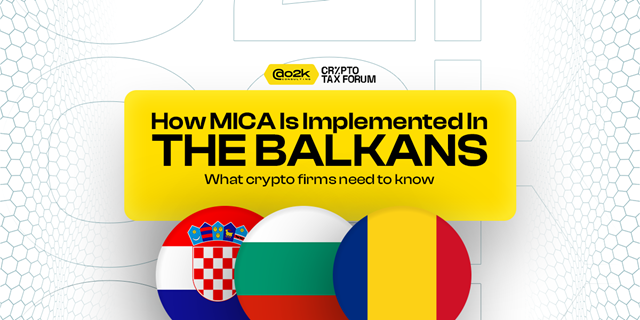

.png)

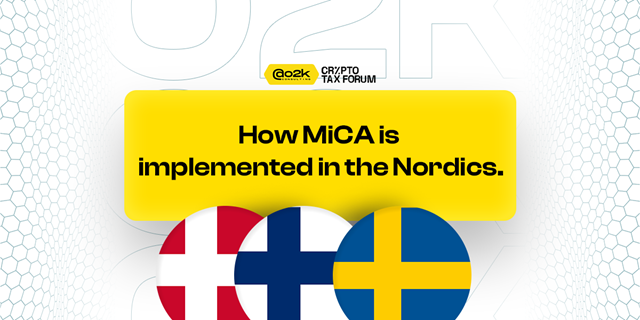


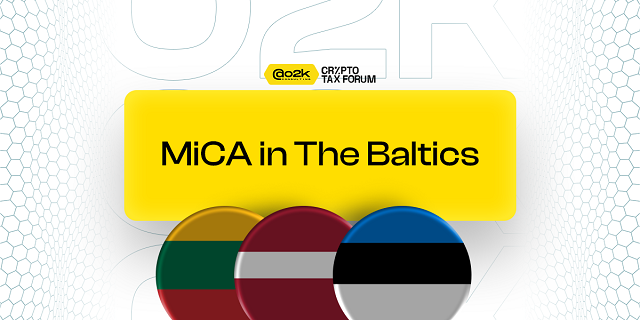





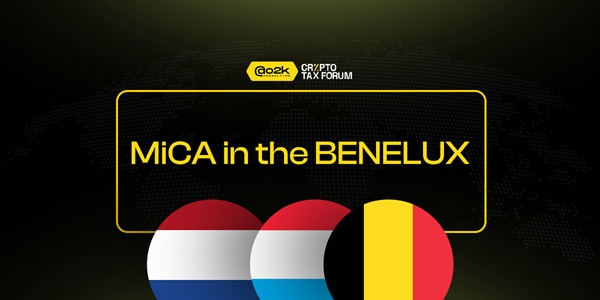
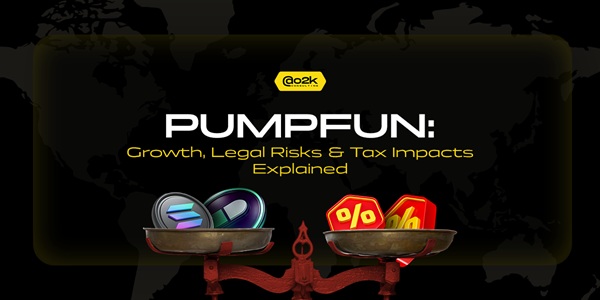











.jpeg)


























.jpg)




































